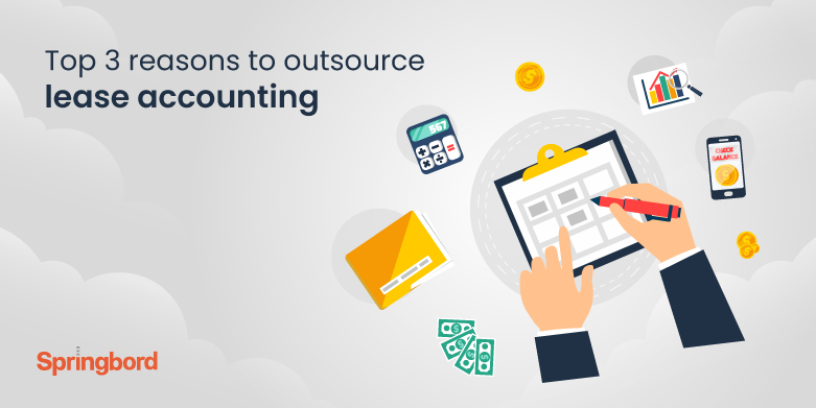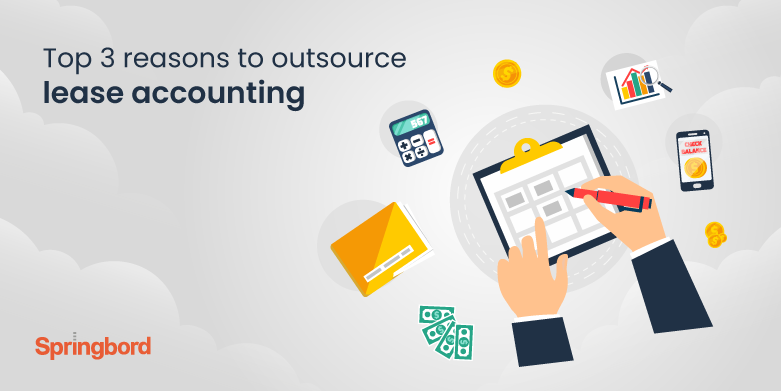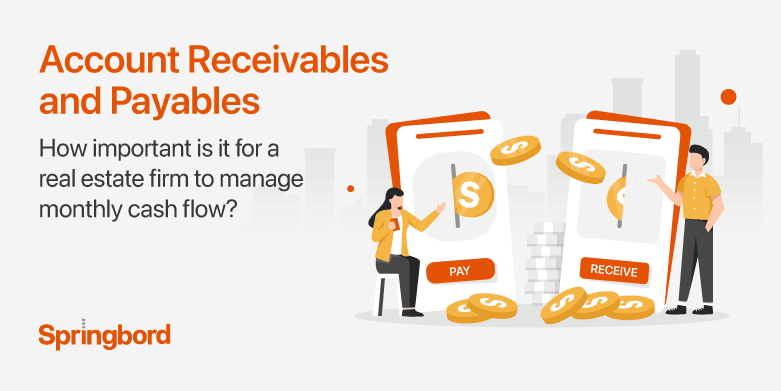 Read time 2 min
Read time 2 minThe new lease accounting regulatory standard issued by Financial Accounting Standards Board (FASB) and the International Accounting Standards Board (IASB) has put companies under immense pressure. The accounting rules are extensive and complex, making it a daunting task for business who are scrambling to adjust to the new mandates.
According to a PWC survey, the key challenges are rather tangential to accounting. As per the report – system implementation, data management, and skilled resources are top 3 challenges facing companies as they try to streamline lease information and comply with the new standards.

Considering these challenges, companies are increasingly adopting outsourcing to overcome the hurdles and successfully comply with ASC 842. And here are 3 key reasons why outsourcing is fast emerging as a go-to strategy.
Comprehensive lease data management
The most central aspect to complying with the new rules is efficient and centralized management of lease data. The scale and scope of data management required has stunned companies, as most of them rely on legacy systems and siloed processes and systems to manage lease information. The challenge is lack of control over and visibility into lease data, leading to missing or inconsistent information. Even in cases where organizations have managed digitalize lease data management, cleaning, processing, validating, and auditing still remain a major issue.
Outsourcing helps facilitate not just centralized but comprehensive lease data management. It helps capture, consolidate, clean, and process real estate as well as equipment lease information into easy-to-access format. Efficient management of lease data goes beyond compliance, enabling companies to make use of data for advanced analytics and insights that support strategic and profitable decision making.
Experienced and skilled resources
The new lease accounting standard has wide and significant implications on financial operations of a company. Therefore, it is critical to have dedicated and experienced professionals with knowledge about the complex regulatory and its data requirements with proficiency in handling new lease management software solutions. Despite the dire need, companies are struggling to recruit, train and retain specialist, due to talent shortage and cost implications.
By outsourcing lease accounting data management, business can have easy access to dedicated and skilled resources at a viable cost. It not only helps optimize investment but also overcome resource constraints. With access to specialists focused on ASC 842 lease standard, companies can easily streamline lease accounting and remarkably boost lease information management.
Improved process efficiency
Process efficiency is key to ensuring timely compliance with the new standards. However, considering the way lease information is managed, organizations are under immense pressure to re-organize and transform lease management processes. Completely transforming the existing processes demand huge cost and time investments. Plus, the whole project planning and execution is complex and exhaustive, and if not done methodically can hinder the success of process transformation and transition.
Outsourcing allows companies to get access to proven, reliable resources and industry best practices at a fraction of cost needed to set up the process in-house. Partnering with a specialized vendor helps companies improve process efficiency, streamline lease data management, and minimize cost, while they focus on core business objectives.
Whether you want to streamline end-to-end lease data management process or need custom support along the way, we can help you address every lease accounting data management challenge. Springbord has developed in-depth real estate domain expertise helping companies streamline lease data management and portfolio performance. To know more about how we can help you ensure compliance and exploit lease data to your advantage, talk to us today.







